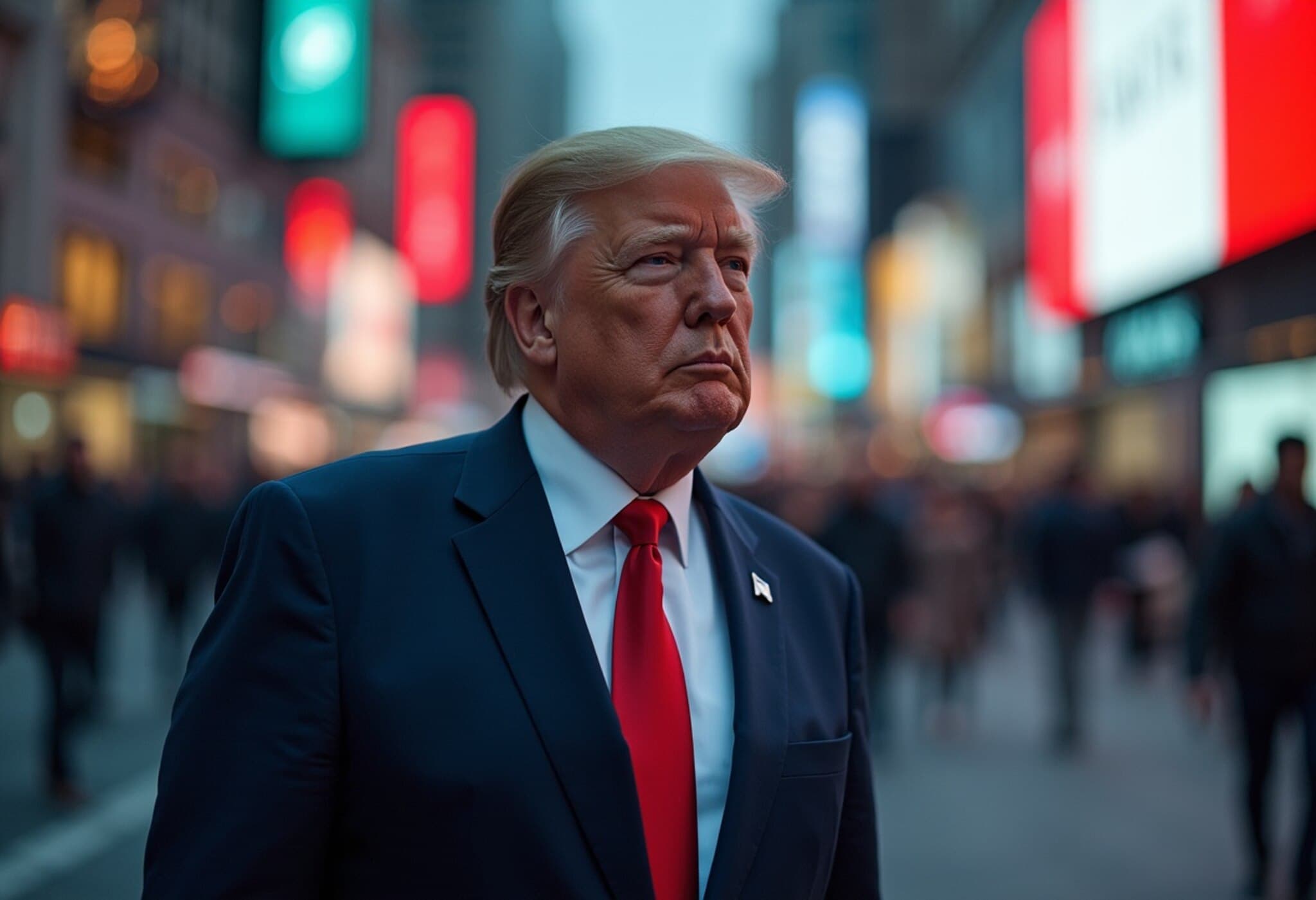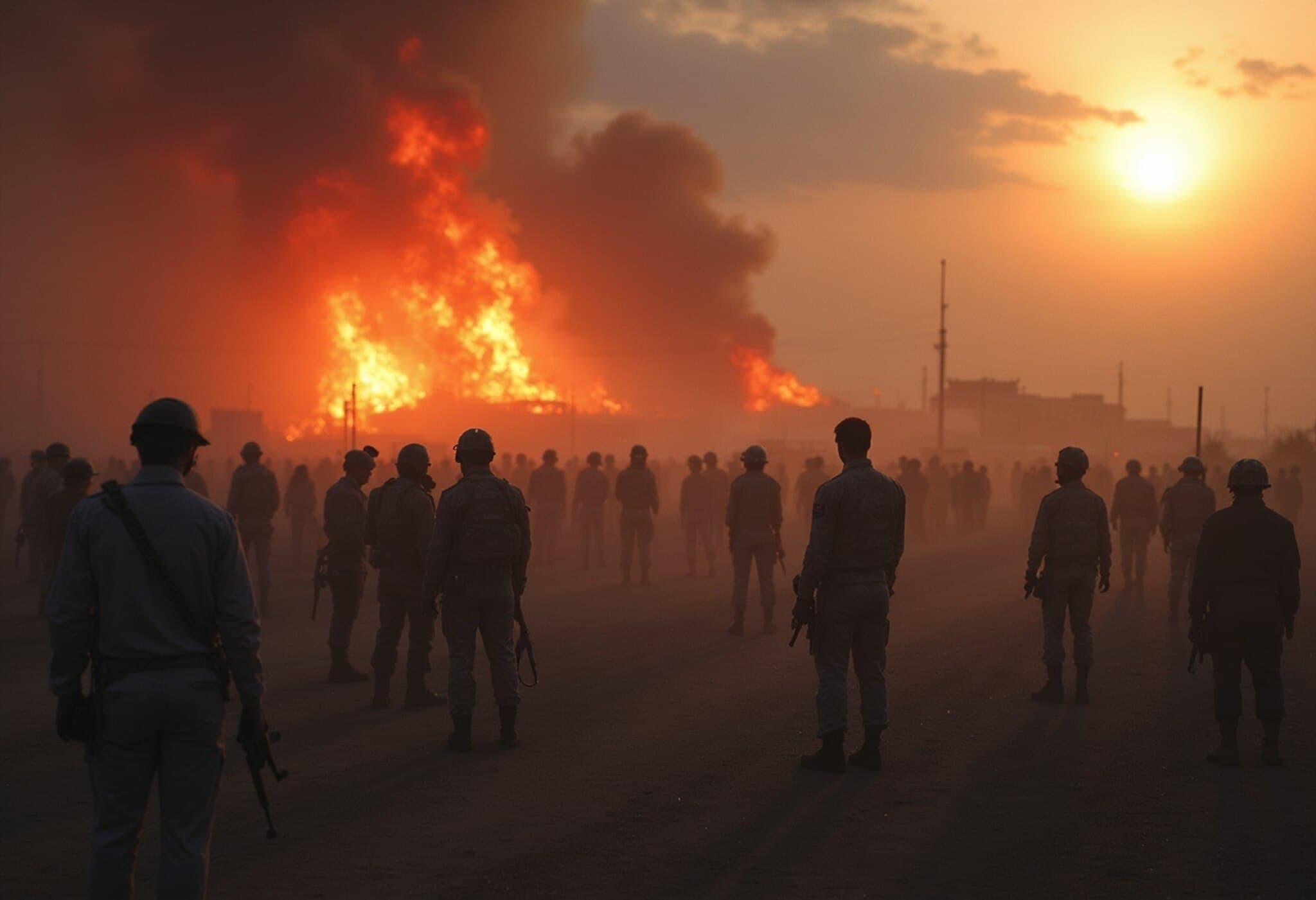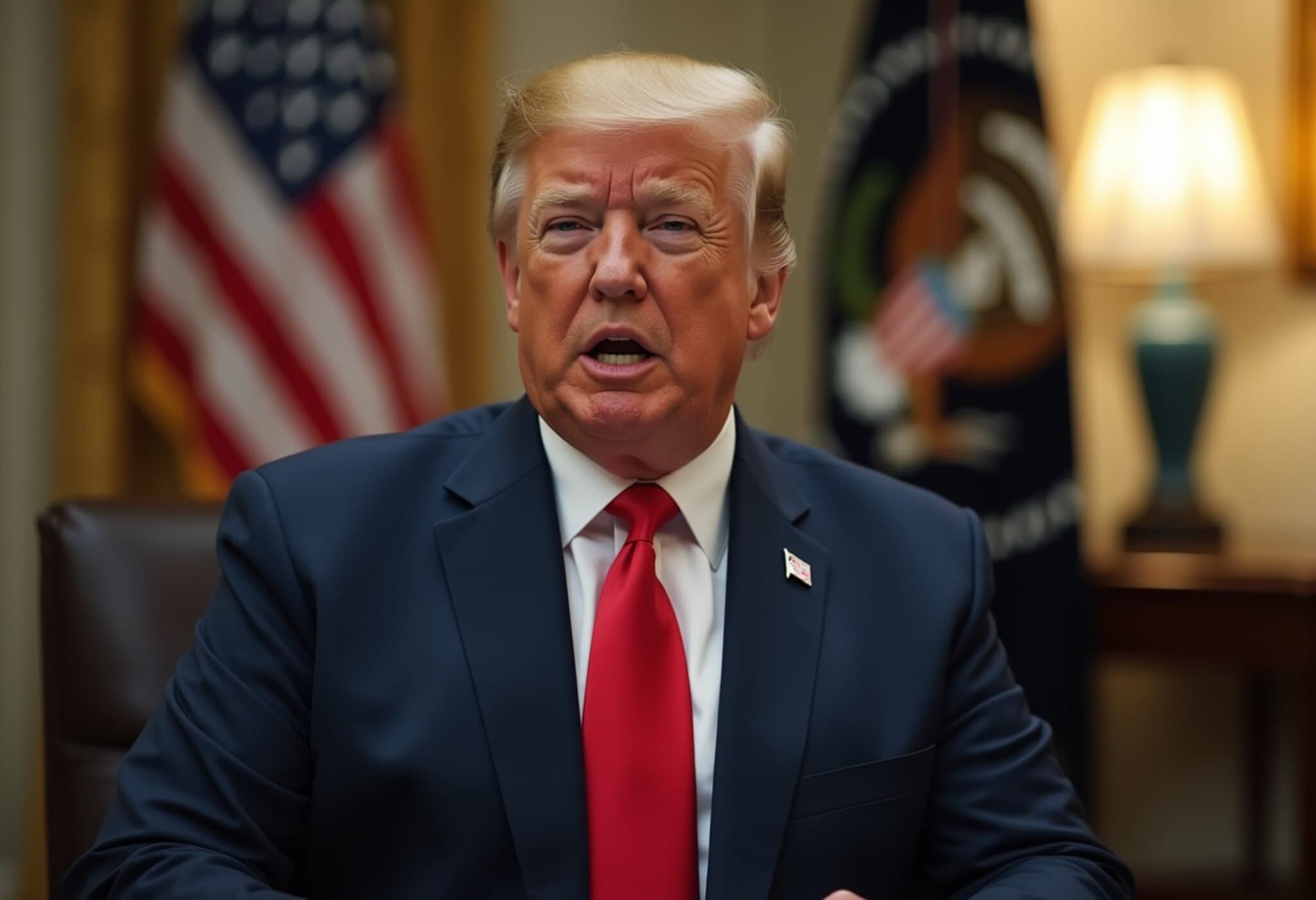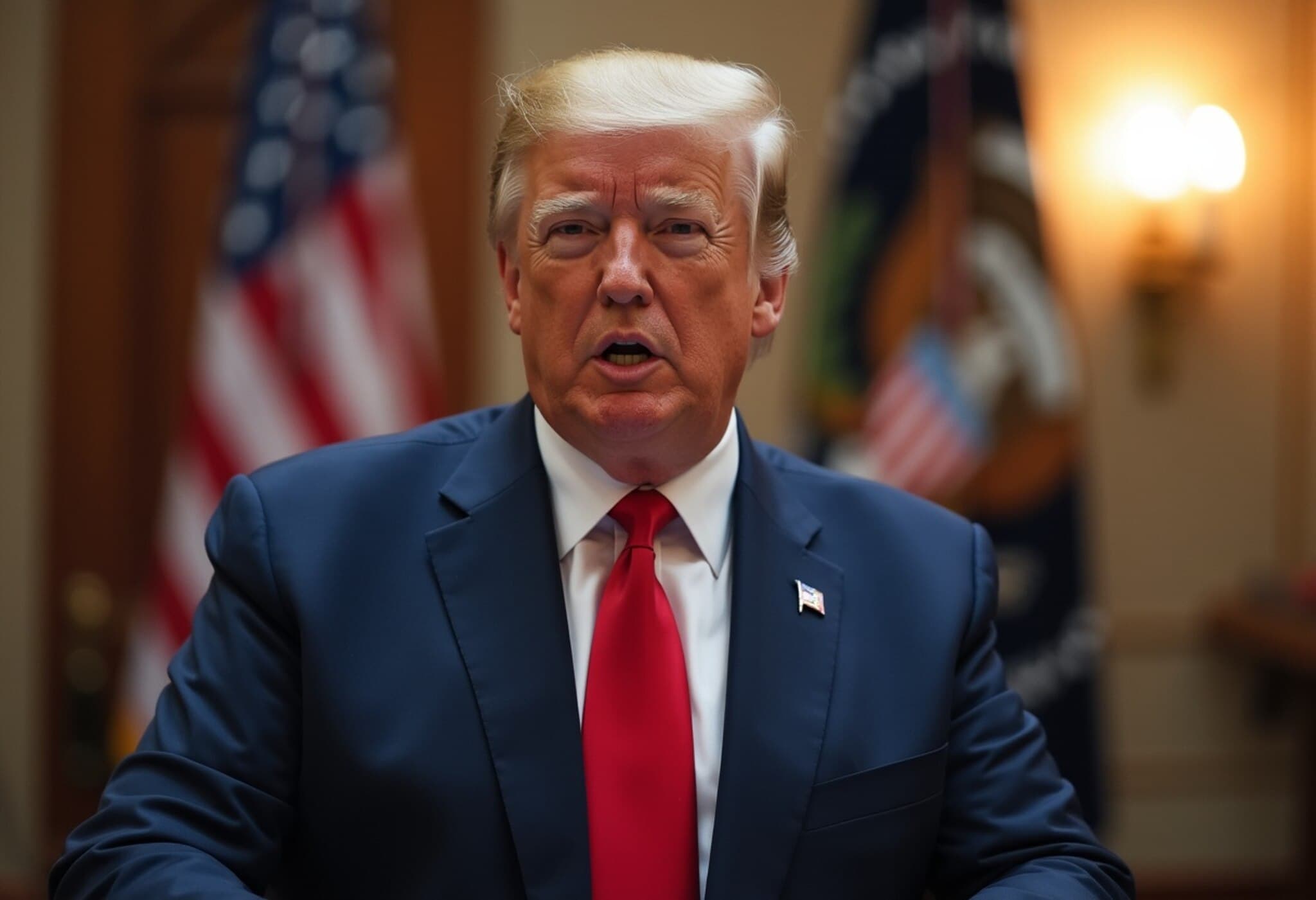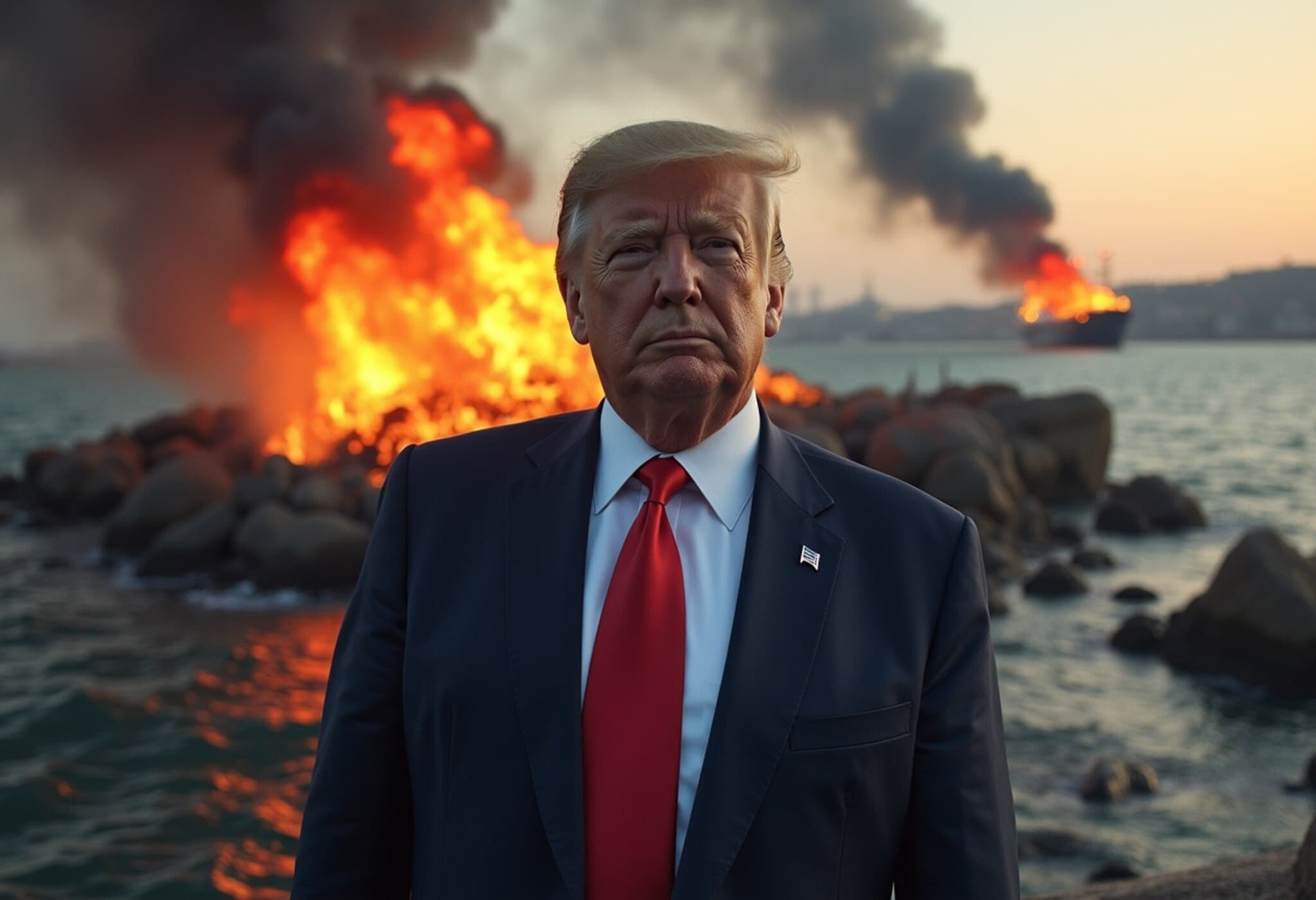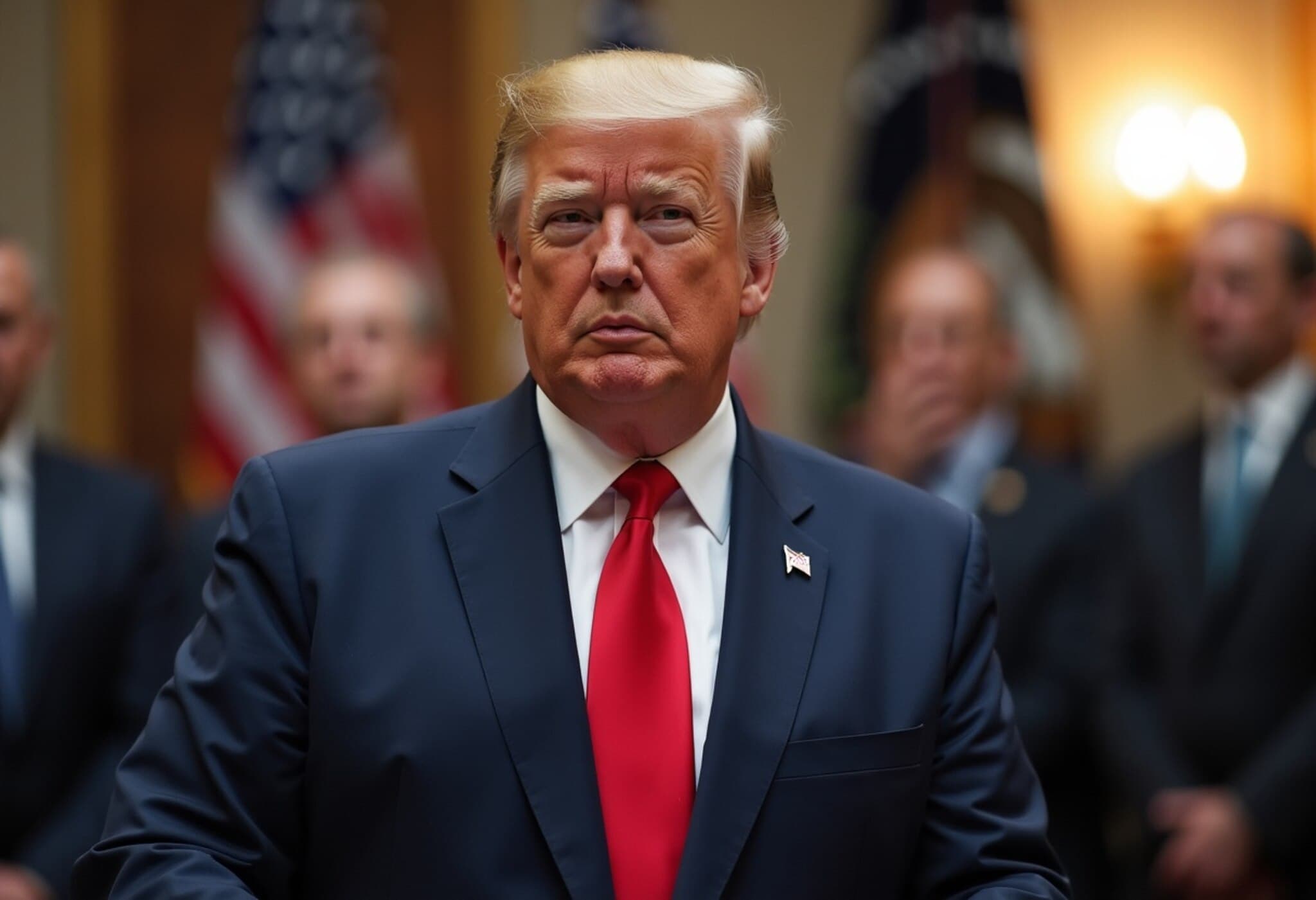Markets React Calmly to Middle East Developments
Global stock markets showed muted gains as investors processed recent announcements regarding a potential ceasefire between Iran and Israel, alongside growing signs of market weariness toward U.S. policy shifts. The MSCI World Index, which tracks over a thousand large and mid-cap stocks across 23 developed nations, edged up by 0.24% in early Singapore trading.
Mixed Sentiment Despite Asian Market Gains
Asian equities nudged higher, while broader market sentiment remained cautious. This tepid response suggests that investors may be becoming desensitized to rapid U.S. policy changes, especially under the Trump administration.
Chief Investment Officer at Atlas Funds Management, Hugh Dive, pointed out, "The market's muted tone stems partly from fatigue over shifting policies and partly because Iran's reaction to recent U.S. strikes was unexpectedly restrained." Notably, a recent airstrike at a U.S. airbase in Qatar caused no casualties, reflecting a subdued escalation.
Policy Shocks Losing Their Impact
Following turbulent swings earlier this year – particularly after abrupt tariff announcements – markets have exhibited diminishing volatility with each policy adjustment. Dive commented, "As the initial alarming tariff headlines are rolled back, the market’s shock factor has significantly decreased." This trend has led to a popular investor quip about the administration's pattern of tough talk followed by retreat, sometimes dubbed "Trump Always Chickens Out."
Ceasefire Prospects Bring Hope for De-escalation
Amid these developments, some analysts are optimistic about de-escalation in the Middle East. Although Iran’s Foreign Minister denied agreeing to a U.S.-brokered ceasefire deal, he indicated Tehran’s willingness to halt hostilities.
According to Vis Nayar, Chief Investment Officer at Eastspring Investments, "Markets are quickly tuning into the possibility of geopolitical de-escalation, which appears increasingly likely."
Dan Ives, Managing Director at Wedbush Securities, considers the ceasefire news as "the most bullish outcome" for Wall Street, predicting a rally once trading resumes. He adds, "While some doubt the ceasefire’s durability, Iran faces limited alternatives, so negotiations taking center stage is a positive sign for equities."
Safe-Haven Assets Ease as Risk Appetite Returns
Reflecting a calmer risk environment, investors marginally reduced holdings in traditional safe havens. Spot gold slipped by 1.05%, trading near $1,333 per ounce but still close to record highs.
U.S. 10-year Treasury yields inched higher by about 2 basis points to 4.344%. This rise implies a slight drop in bond prices and could signal a modest shift away from government debt. Similarly, yields on the 10-year Japanese government bond increased by roughly 1 basis point to 1.425%.
The Swiss franc held steady at 0.8114 against the U.S. dollar, while the U.S. dollar index, which measures the greenback against a basket of currencies, dipped by 0.29%.
What This Means Going Forward
- Markets appear to be adapting to a new normal where geopolitical tensions and shifting U.S. policies cause less dramatic swings.
- Should the Middle East ceasefire hold, risk assets may gain momentum, encouraging investors to take on more exposure.
- Safe-haven demand may ease if diplomatic progress continues, although volatility could resume if talks falter.
Overall, cautious optimism seems to underpin the current market mood, with investors closely monitoring both geopolitical signals and policy developments in the weeks ahead.



